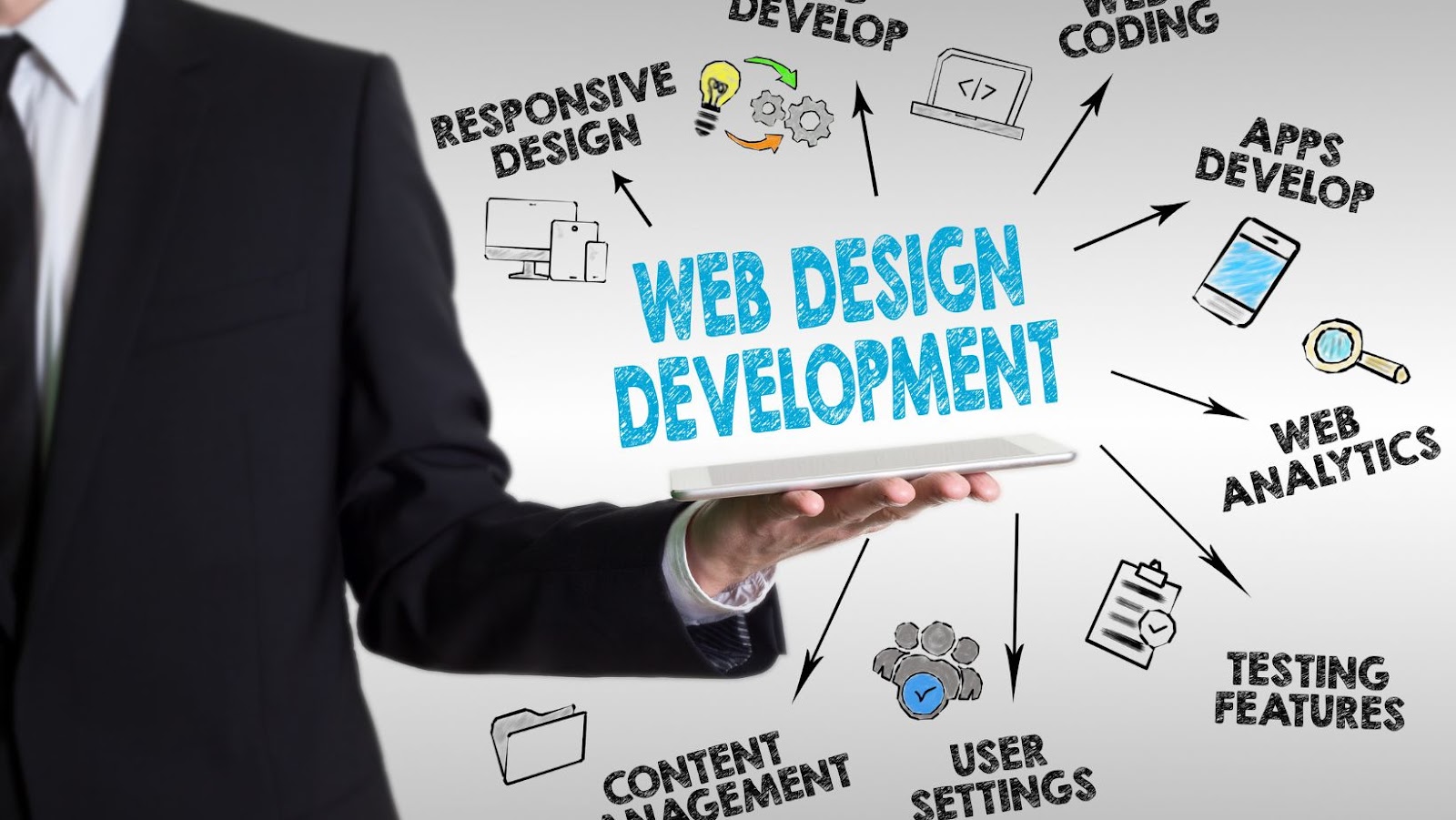 Web Development Advanced Topics
Web Development Advanced Topics
Modern web development advanced topics leverages powerful frontend frameworks to create dynamic and engaging user experiences. These frameworks streamline the development process and enable innovations in design and functionality.
React, developed by Facebook, offers a flexible and efficient approach to building user interfaces. It uses a component-based architecture that encourages reuse and simplifies maintenance. The ecosystem includes tools like Redux for state management and Next.js for server-side rendering. React Native extends these capabilities to mobile app development, delivering a comprehensive solution for cross-platform projects.
Angular, backed by Google, excels in building large-scale applications with its robust framework. It provides a rigorous structure and a comprehensive set of features such as two-way data binding and dependency injection. Angular CLI simplifies the creation and management of projects. Its extensive documentation and strong community support make it an ideal choice for enterprises needing scalable solutions.
Vue.js is known for its approachable and versatile nature, making it suitable for reactive interface development. It allows incremental adoption, easily integrating with existing projects. Vue’s core library focuses on the view layer, while its component architecture supports complex applications without sacrificing simplicity. Tools like Vue Router and Vuex enhance routing and state management, boosting productivity in developing interactive web apps.
 Backend Technologies
Backend Technologies
Backend technologies form the backbone of modern web applications by managing data, integrating systems, and ensuring seamless communication between the client and server.
Node.js, a JavaScript runtime environment, allows developers to build scalable, fast server-side applications. Its non-blocking, event-driven architecture is suited for handling numerous concurrent connections, making it ideal for real-time applications like chat apps and online gaming. Express, a minimal and flexible Node.js framework, simplifies server creation, route management, and middleware integration, streamlining the development process for web applications.
Django, a high-level Python web framework, supports rapid development with a focus on clean and pragmatic design. It’s known for enforcing security best practices, such as protecting against SQL injection and cross-site scripting, by default. Django’s comprehensive built-in authentication, form validation, and admin interface make it a popular choice for developing secure applications, from e-commerce platforms to content management systems.
Ruby on Rails, an open-source web application framework, prioritizes convention over configuration, enabling faster app development. With built-in tools for performing tasks like routing and database migrations, Rails simplifies complex development routines. The framework boasts a robust community, ensuring a wide range of plugins and libraries that enhance its core capabilities, making it a preferred choice for startups and established businesses alike seeking agility in development.
 DevOps and Deployment
DevOps and Deployment
DevOps practices enhance the web development advanced topics lifecycle by fostering collaboration between development and operations teams for optimal deployment and scalability. Incorporating cutting-edge deployment strategies improves application reliability and efficiency.
Continuous Integration (CI) automates code integration from multiple developers, minimizing conflicts and streamlining development. CI tools like Jenkins and GitLab CI regularly build, test, and merge code changes, ensuring that code remains up-to-date and functional. Continuous Delivery (CD) extends this by automating code deployment to production and staging environments using automated pipelines and monitored feedback loops, reducing human errors and shortening lead times for better agility.
Cloud platforms offer scalable infrastructure and services, enabling efficient resource management for web applications. Amazon Web Services (AWS), Google Cloud Platform (GCP), and Microsoft Azure provide various services such as computing power, databases, and machine learning. Developers leverage these platforms to deploy, test, and manage applications while enjoying benefits like automated scaling and pay-as-you-go pricing. Cloud services also enhance collaboration and disaster recovery by providing reliable backup and deployment mechanisms.
Containerization, primarily using Docker, encapsulates applications and their dependencies in isolated environments, ensuring consistent behavior across different stages of deployment. Docker simplifies development and deployment by creating portable, lightweight containers that run seamlessly on any platform supporting Docker. It facilitates microservices architecture, allowing developers to break down applications into manageable services. Docker Compose and Kubernetes further enhance container orchestration and scaling, enabling efficient infrastructure management in complex web projects.